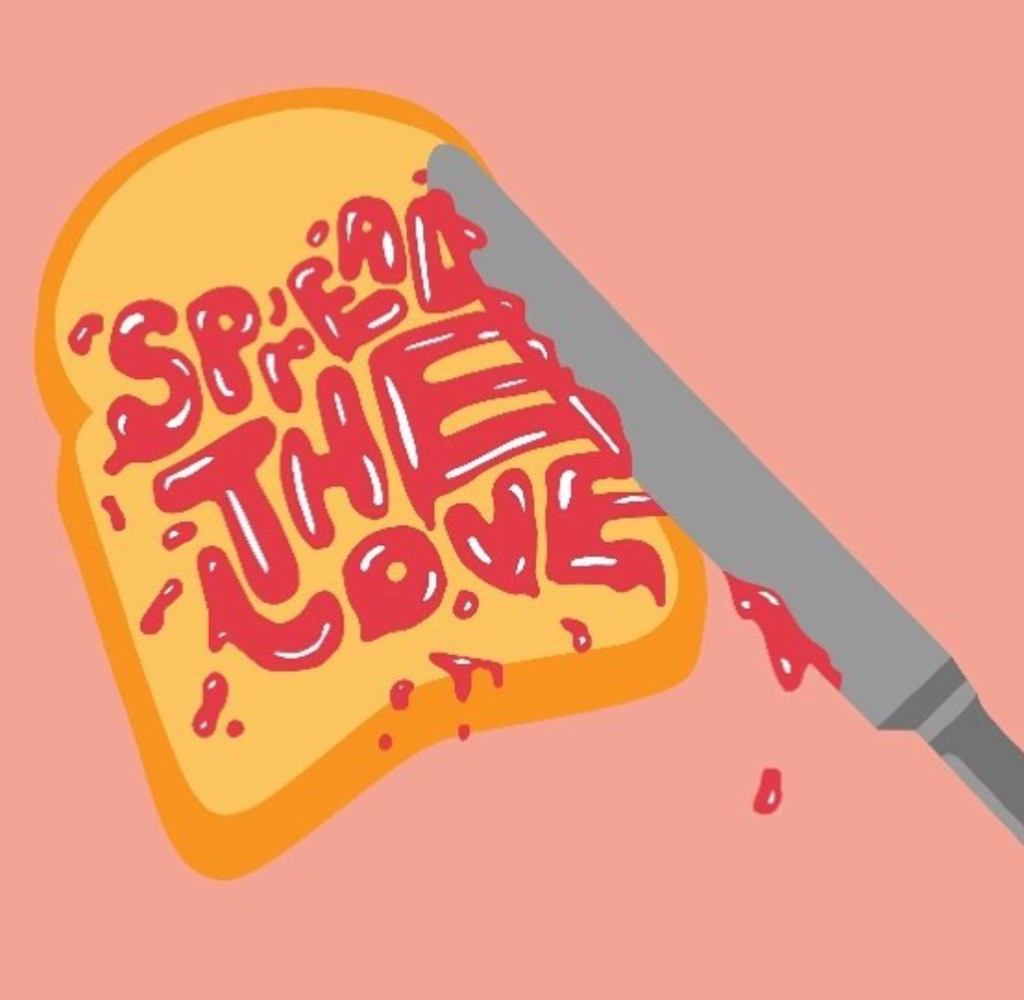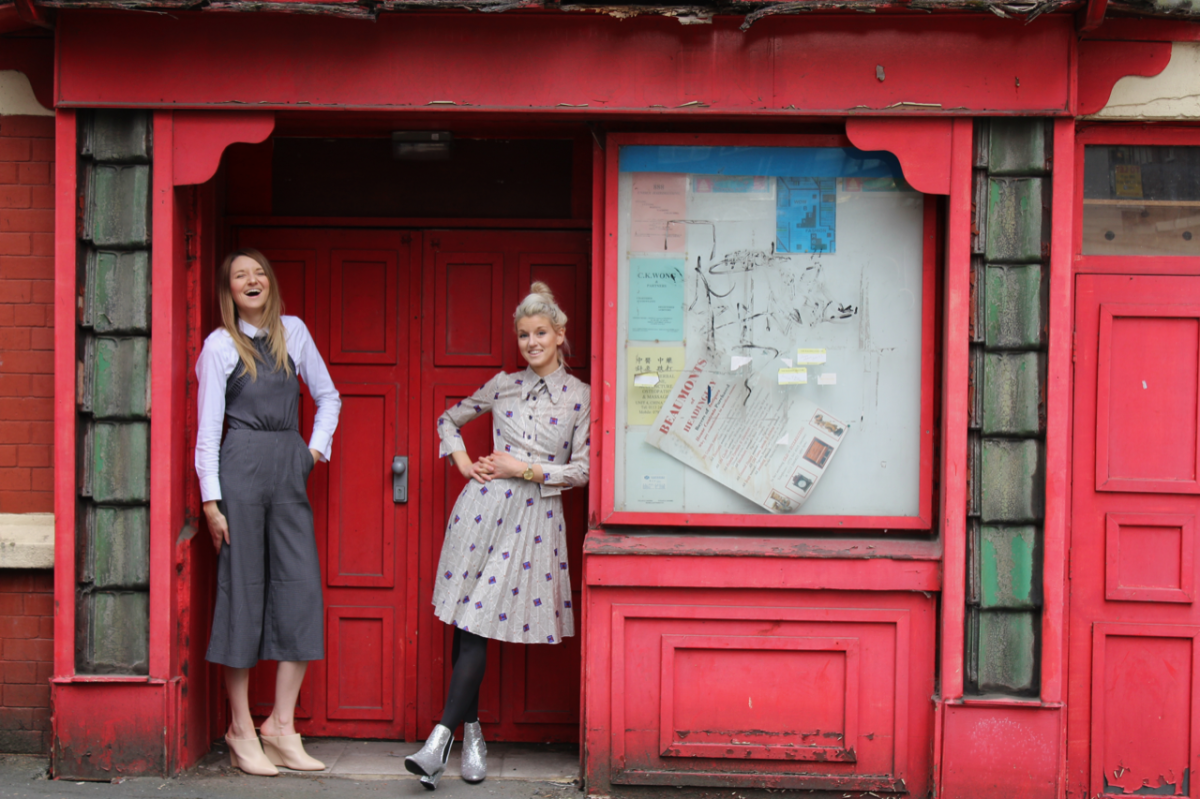Millennial Empowerment Coach, Bethany Wright explains how best to overcome the anxiety and worry in these uncertain times with her tips on daily rituals, reduced screen time and realistic expectations.
As the uncertainty of the Coronavirus pandemic continues to unravel, it would be fair to say that the fabric of our everyday lives has been completely disrupted. There’s no overnight remedy or expiry date that can be applied to cure the situation, leaving us with little control over life as we once knew it. Understandably, this is causing agitation in households across the world. A global crisis with global anxieties to match.
We’re all used to asserting control over our daily agenda, travelling through the day with activity after activity, wondering where the time has gone. Fast forward to the now, where we feel we’ve lost control altogether and are often left staring at the clock wishing the time away. But, there’s plenty of discovery to be had. And there’s powerful strategies you can implement in order to create your calm.
Audit, detox, reboot
There is so much that is out of your control, but focus on what is in your control.
Although it may not feel like it right now, we do have control over what we are available for. We get to choose what we show up for (predominantly in a virtual setting) and what gets our attention; it’s how we invest our time. By working out what your triggers are, you can then establish your own set of boundaries that are unique to your situation.
If you’re finding that the news is impacting your mood, think about what forms of control you can exercise here. It may be that you need to switch off the notifications popping up on your phone screen, or perhaps avoiding primetime TV where you know the updates are going to be relentlessly paraded.
It’s important, now more than ever, to be aware of your surroundings and how they make you feel – how is your environment serving you? This also applies to the virtual space. With so much more time at our disposal, it’s likely that you’re spending greater time scrolling through your Instagram feed. And what does that do? Well, it is a surefire way to kickstart comparison. Allow yourself to do a virtual declutter and remove any toxicity that is impacting your headspace. If you find yourself feeling rubbish when you stumble upon certain accounts, temporarily mute their notifications, or unfollow together. You want your space to inspire you, not tire you.
Be mindful about the words you’re telling yourself too. It’s not just about what you’re externally consuming. Your own self-talk is often more powerful than the words of anyone else, because often you’re the first and only audience to be subject to them. So, be gentle and kind with yourself. This is unchartered territory, trust that you’re doing the best you can.
Lean inwards: the power of right now

Lead your day with love. We often look to external resources, forgetting our most powerful resource: ourselves. By tapping into your core, you’ll be able to keep yourself grounded in the midst of the madness. We’re all going to have wobbly weeks, wobbly days even. But if you do, take note and listen to your body. There’s just as much power in a pause as there is a pivot, so give yourself a breather and allow yourself to shut off and unplug. Because to relieve it, you’ve got to feel it.
If you find your mind is running away with itself, worrying about the what ifs, zone in on what you have in that moment. Replace the “what if” with “in this moment, I am” and follow the sentence with 3-5 things that you are. For example, it may sound something like this: “In this moment, I am safe, loved and sheltered.” This surthrival exercise helps you to home in on the present moment, enabling you to shut off from the anxieties of future possibilities.
Another great technique to practice is gratitude. By writing down a list of things you’re grateful for each morning or night, it can help to raise your vibe and transform your mood. Especially when you’re feeling particularly overwhelmed. Think about your blessings; what good happened in the day, what made you smile. Ultimately, it comes down to looking at how you be, do and have. So, block out some time in your day and start journaling away.
Breathing is also a powerful self regulating system that brings you back to the present moment. A simple reminder to yourself that you can get through it. So if anxiety is showing up for you, remember to take a deep breath. Focus on the breaths you take, and visualise a calming view.
Do what feels good
It’s time to create your own aesthetic and trendset your way through the quarantine. If you fancy a day Netflix and chillin’ with ice-cream and pyjamas, then go for it. If you feel empowered to maintain productivity and commit to your online business, all power to you.
We’re all going to have different priorities. Some days we’ll feel on top of the world, whereas others we may feel burnt out and lack energy. It’s a rollercoaster, and we’re all trying to ride the highs and lows.
In this time, tensions are high and we find ourselves dipping into the panic zone a bit more frequently without the usual comfort blankets we’d normally turn to. So, it’s important that you take a step back and re-evaluate. What do you really need today? There’s no one-size-fits-all answer. So remember to drop the pressures you may be putting on yourself and do what feels good for you.
Choose yourself and take ownership over your happiness. Make it your primary intention and allow yourself to let go of your expectations. Embrace the happening, be compassionate and travel through the hours with acceptance. Because when you feed into yourself, you can feed into others.
Bethany Wright, Empowerment Coach at Her Empowerment Room
Bethany is a Millennial Empowerment Coach who works with young women from all walks of life. She combines a mindset and performance coaching approach to help clients create their narrative by design, not default, and embody an empowered self that’s free of inner shame and guilt.
Book your free discovery call via https://herempowermentroom.as.me/
Find her on Instagram at @herempowermentroom


















